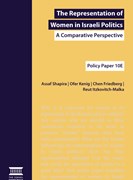

Publications Regarding Women in politics
Articles

ZERO Women Running Ministries: A Government Out of Step with the Law and the Public
Written By: Adv. Anat Thon Ashkenazy
Last week, it was announced that a man would lead Israel's Ministry of Social Equality—the ministry responsible for, among other things, gender equality. This, on its own, would not be problematic, but it leaves the total number of women Directors General of government ministries at zero. This lack of representation is not only misaligned with public opinion, it is also a blatant violation of a Supreme Court ruling and reflects disregard for the rule of law.

Public Opinion Survey on Representation of Women in Influential Roles Part I
Written By: Adv. Anat Thon Ashkenazy
A survey on women's representation conducted among men and women in Israel. Findings show that most (65%) consider equal representation when deciding on which party to vote for; 71% think the number of women in the Knesset, the government and in senior positions should be increased.

Women’s Representation in Israeli Politics: Analysis for 2025
Written By: Prof. Ofer Kenig
An analysis and international comparison of women's representation in the Israeli political arena.

Chipping Away at Decades of Progress: Gender Segregation in Israel
Written By: Adv. Anat Thon Ashkenazy
The diminished number of women in decision-making positions in government, coupled with the increase in attempts to implement gender segregation, threatens the right to equality.

The Situation for Women in Israel: More Violence, Less Representation and Growing Exclusion from Public Service
Written By: Adv. Anat Thon Ashkenazy
Women in senior government positions are leaving their roles, the number of victims of domestic violence is rising, and the prevailing spirit from the government does not bode well. Now more than ever, there must be a call for immediate and fundamental change in placing women's rights at the top of the national agenda.
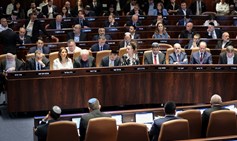
The Judicial Overhaul and Anti-Democratic Initiatives
Written By: Adv. Anat Thon Ashkenazy, Adv. Daphne Benvenisty
Judicial overhaul initiatives, along with other anti-democratic measures, have continued to be promoted by the government and the coalition in the Knesset. This document outlines the various actions taken in government that weaken the Israeli judiciary and democracy at large.
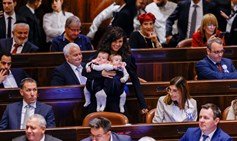
Women’s Representation in Israeli Politics: Analysis for 2024
Written By: Prof. Ofer Kenig
Between 1996 and 2015, there was a real improvement in women's representation in the Knesset. Since 2015, however, it seems this upward trend has stalled and female legislative representation is faltering, especially compared to other democracies.
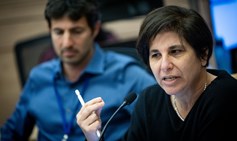
The Inexcusable Absence of Women in Israeli Ministry Leadership Roles
Written By: Adv. Anat Thon Ashkenazy
Minister of the Economy Barkat's decision to remove Adv. Michal Cohen from her role as Director of the Competition Authority compounds a two-pronged problem. On the one hand, the diminishing number of women in Ministry leadership roles, and on the other, increased political interference in professional authorities, risking their independence and professional standards.

Israel Needs More Women on Local Councils
Written By: Adv. Anat Thon Ashkenazy, Dr. Assaf Shapira
For local government to be able to truly represent all residents and understand the diversity of their different needs, it is important that there be appropriate representation of men and women alike
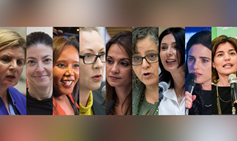
The Decline in Women’s Representation in Israel's Political System: Analysis
Written By: Prof. Ofer Kenig
Just one year ago, women’s representation in Israeli politics soared to an all-time high—in the Knesset, in the Government, and in local authorities. But today, we are going backwards. The approach of International Women’s Day is an appropriate time to look at the current situation and express concern as to this trend.
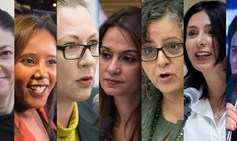
Women in Israeli Politics: 2022
Written By: Prof. Ofer Kenig
As we mark International Women’s Day, there are a record number of women are in the Knesset (35) and in the government (9) but most senior government positions are still held by men.

What Will the 23rd Knesset Look Like?
Written By: Prof. Ofer Kenig
New record low of number of lists; Left-Center shrinks from eight lists in 2013 to three today; women’s’ representation continues to dither – less than 30 women MKs are expected
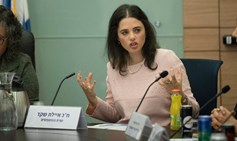
Women Representation in the 23rd Knesset
Written By: Dr. Assaf Shapira
After the party lists have been submitted Dr. Assaf Shapira analyzes expected representation of women in the 23rd Knesset based on the September 2019 elections
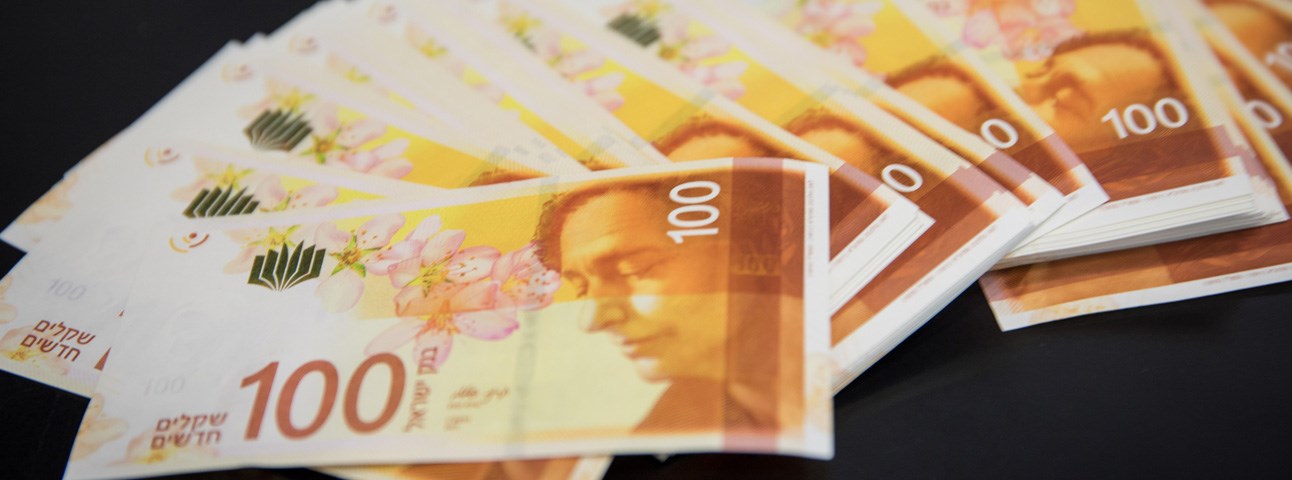
The Absurdity of Campaign Financing in Israel
Written By: Dr. Assaf Shapira
Why should parties be allowed to use state funding for ongoing expenses to cover the debts accrued during political campaigns?

Behind Every Man Stands… Another Man
Written By: Adv. Alona Vinograd
The major parties have been turning a blind eye to women politicians, and their campaigns are the worse for it
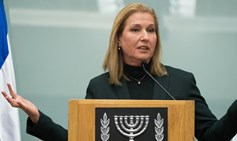
Israeli Politics is Still a (Mostly) Boys’ Club at the Top
Written By: Prof. Ofer Kenig
Despite record numbers in the Knesset, few females hold senior government posts — their absence leaves Israel worse off.

Israeli Politics Fractured: The System Needs Fixing
Written By: Prof. Gideon Rahat
It is commonly accepted that in order to defeat Netanyahu, the political parties in the center and on the Left must unite and present a single and clear alternative. However, under the current system, this claim is simply not true.
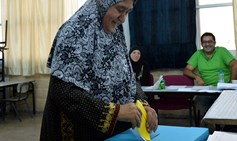
Why Local Elections Matter
Written By: Yohanan Plesner
"While Israeli national politics get most of the coverage, it is the local level that in many cases has the greatest impact on Israeli lives." Read Yohanan Plesner's op-ed on the upcoming municipal elections and why electoral reform is required, both on the local and national level.
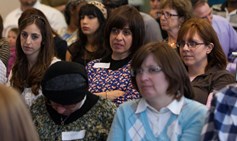
Integrating Women into Politics: Another Solution
Written By: Prof. Ofer Kenig, Dr. Chen Friedberg
The absolute exclusion of women from ultra-Orthodox parties keeps their specific interests from being addressed effectively in the public sphere.

Status of Women in Israeli Politics: The Good, The Bad and The Road to Full Equality
Written By: Prof. Ofer Kenig
The impressive increase of women's representation in the Knesset has not translated into similar strides in other political spheres and senior executive positions.
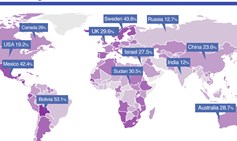
Women in Politics: 2017
There has been a substantial increase in the amount of women serving as Ministers of the Knesset since 1999.
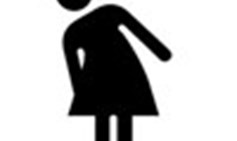
Women in Israeli Politics
Written By: Prof. Ofer Kenig
The number of women in Knesset has increased dramatically to five times what it was 25 years ago. The share of women in the Israeli Knesset is now almost 27%, making it higher than in the U.S. Senate (20%) or the House of Representatives (19.4%).

Women's Representation in the Knesset: Still Increasing But Not Fast Enough
Written By: Prof. Ofer Kenig
Dr. Ofer Kenig analyzes the predicted rate of representation of women in the 20th Knesset as compared to previous Knessets and as compared to the rate of women's representation in the parliaments of other democracies.

The Israeli Municipal Elections 2013: Some Preliminary Findings
Written By: Nir Atmor, Dr. Dana Blander, Dr. Assaf Shapira
Dr. Nir Atmor, Dr. Dana Blander, and Assaf Shapira share some preliminary findings on voter turnout and women's representation in the Israeli municipal elections of 2013.
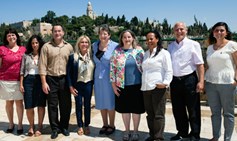
Women and Israeli Local Politics – A Natural Fit
Written By: Moran Nagid
More women than ever are running for Israeli municipal government in the local elections of 2013, but is it enough? Moran Nagid surveys the appeal of local politics for women and suggests a means of improving the situation.

Women in the 18th Knesset
Written By: Prof. Ofer Kenig
IDI Researcher Dr. Ofer Kenig analyzes the results of the 2009 Israeli general election elections as they pertain to women's representation in the Knesset.

Reserved Candidate Slots for Women: A Tool for Improving Society or a Double-Edged Sword?
Written By: Prof. Gideon Rahat, Dr. Chen Friedberg
The dramatic differences among the different parties in terms of women’s representation in realistic candidate slots raise the question of what has gone wrong with the gender quota system. One simple recommendation for gradually increasing these quotas could radically change the situation and help ensure equitable representation for women


